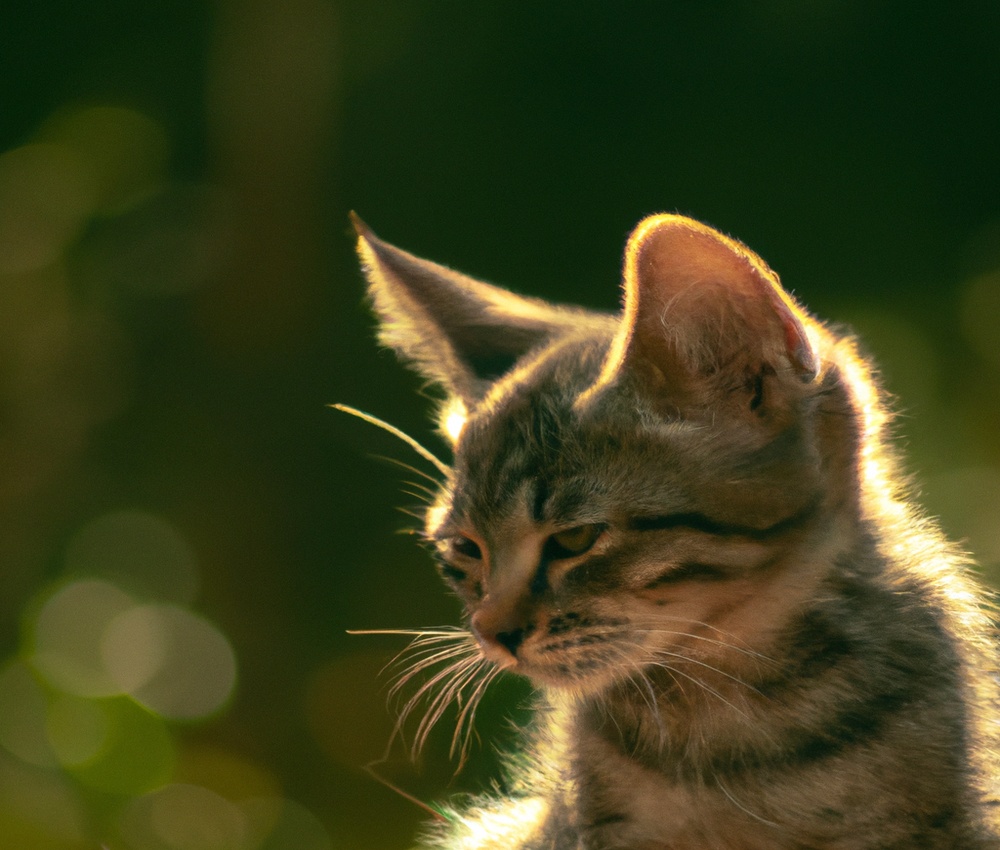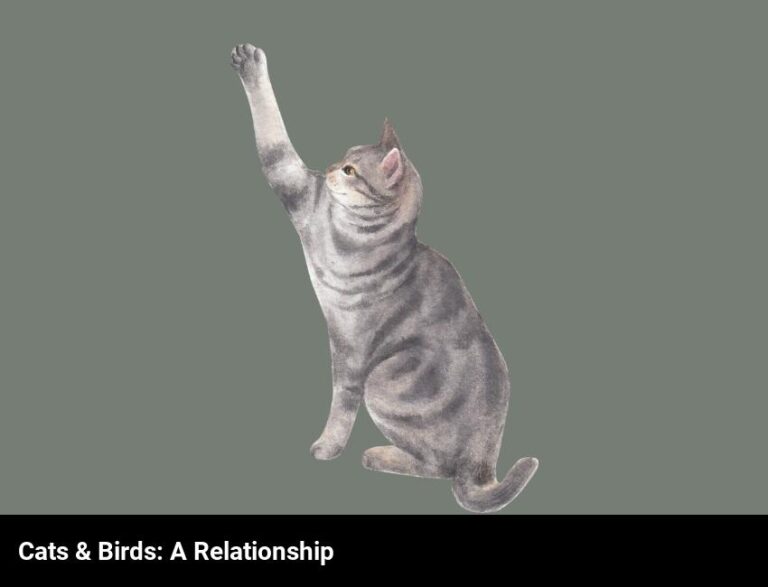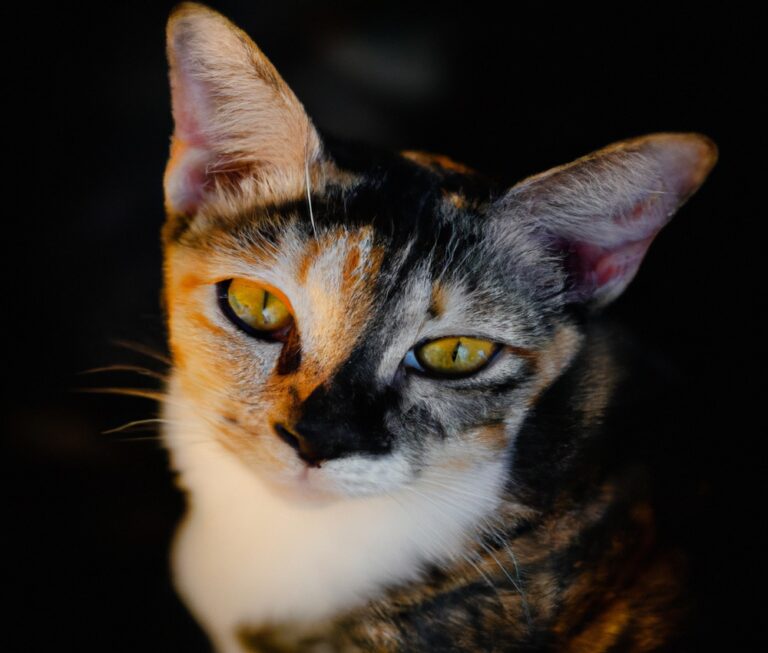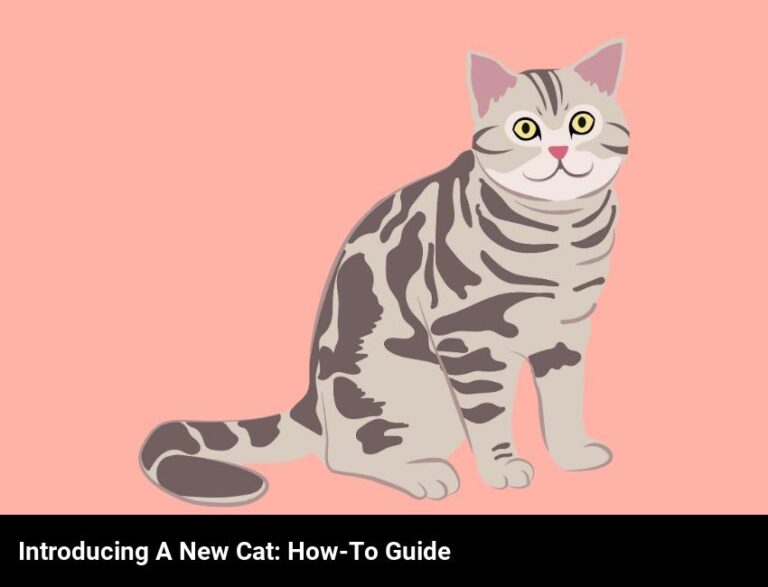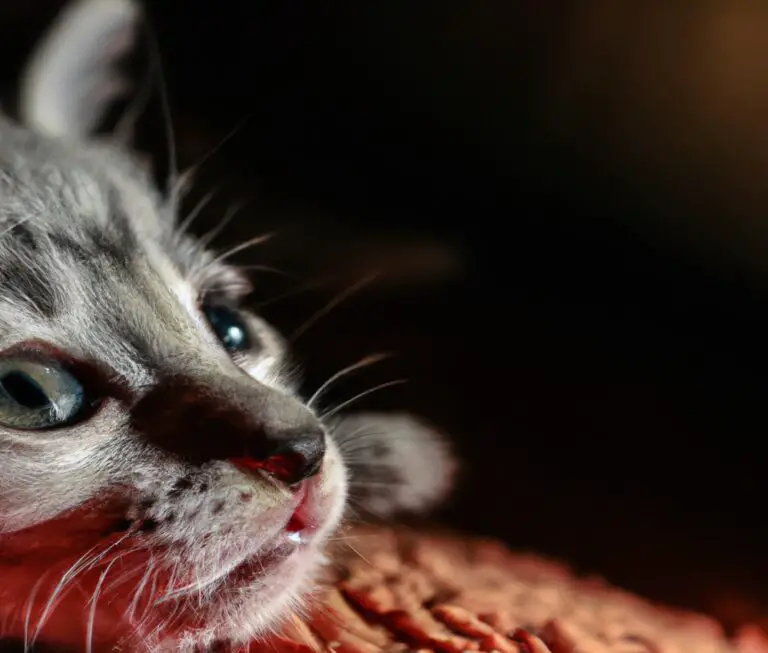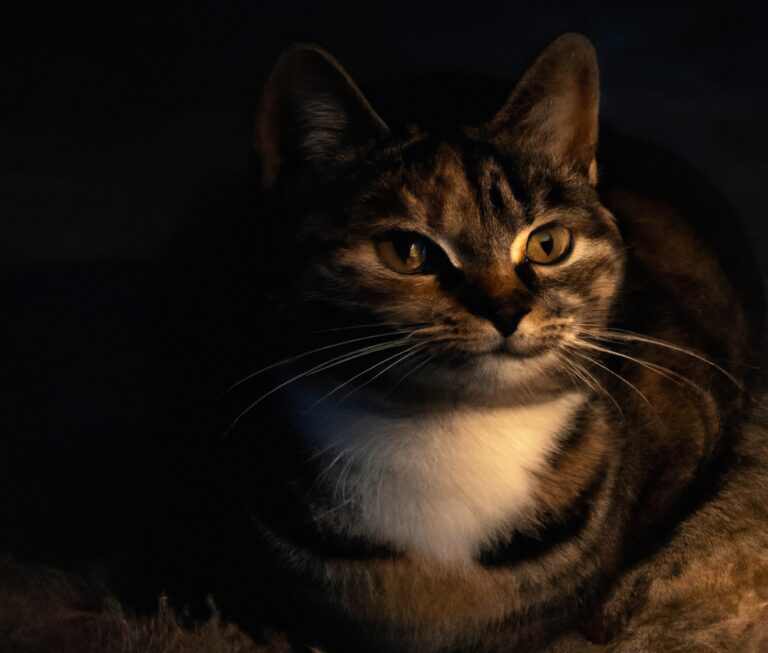Are Black Cats The Most Affectionate?
Key Takeaways:
- Black cats are not inherently more affectionate than other cat breeds, contrary to popular belief.
- A cat’s level of affection is determined by various factors such as individual personality and past experiences.
- While black cats may have a reputation for being prone to superstitions, their behavior and level of affection can vary greatly.
- The perception of black cats as being more affectionate may stem from positive experiences and associations with them by individuals who own them.
Are black cats the most affectionate?
It’s a question that has sparked curiosity and debate among cat lovers for years.
As a cat enthusiast myself, I’ve had the pleasure of sharing my life with several black feline friends, and I can confidently say that their affectionate nature is quite remarkable.
In this article, we will delve into the personality of black cats, debunking the myths that surround them, and explore the factors that influence their affection levels.
We’ll also provide some helpful tips on fostering a strong bond with your black cat and answer some frequently asked questions.
So, if you’re curious to learn more about these mysterious and loving creatures, let’s unravel the truth about their affectionate nature.
The Personality of Black Cats
Black cats have unique and charming personalities that make them wonderful companions.
The Myth of Black Cats Being Unlucky
The myth that black cats are unlucky is just that, a myth. There is no evidence to suggest that black cats bring bad luck.
This belief has been perpetuated by superstitions and cultural beliefs.
In reality, black cats are just as loving and affectionate as any other cat. It’s important to remember that a cat’s behavior and personality depend on their individual temperament, not the color of their fur.
So, if you’re considering adopting a black cat, don’t let this outdated myth deter you.
Debunking the Stereotypes about Black Cats
Debunking the Stereotypes about Black Cats Black cats often get a bad rap due to various stereotypes surrounding them. However, it’s important to remember that these stereotypes are baseless and unfounded.
Here are some myths we can debunk about black cats:
- Superstition: Contrary to popular belief, black cats are not harbingers of bad luck. This superstitious notion has no basis in reality.
- Witchcraft: Black cats are often associated with witches and Halloween, but this is purely fiction. Cats of all colors, including black ones, make loving and loyal companions.
- Aggressiveness: Black cats are no more aggressive than cats of any other color. Their behavior is not determined by their fur color.
- Adoption Difficulties: While it’s true that black cats may have a harder time finding homes due to their appearance, they are just as worthy of love and care as any other cat.
By breaking these stereotypes, we create a more inclusive environment for black cats, allowing them to receive the love and care they deserve. So next time you come across a black cat, remember that their personality is not defined by their color.
Do Black Cats Make Good Pets?
Black cats can make wonderful pets, offering love, companionship, and loyalty just like any other cat breed.
Understanding the Affection Levels of Black Cats
Understanding the Affection Levels of Black Cats can be quite helpful when considering them as pets. Black cats are known for being affectionate creatures, but it’s important to remember that each cat has its own unique personality.
Some black cats may be extremely loving and enjoy cuddling, while others may be more independent and prefer their own space.
It’s always a good idea to spend time getting to know a black cat before deciding to bring them into your home.
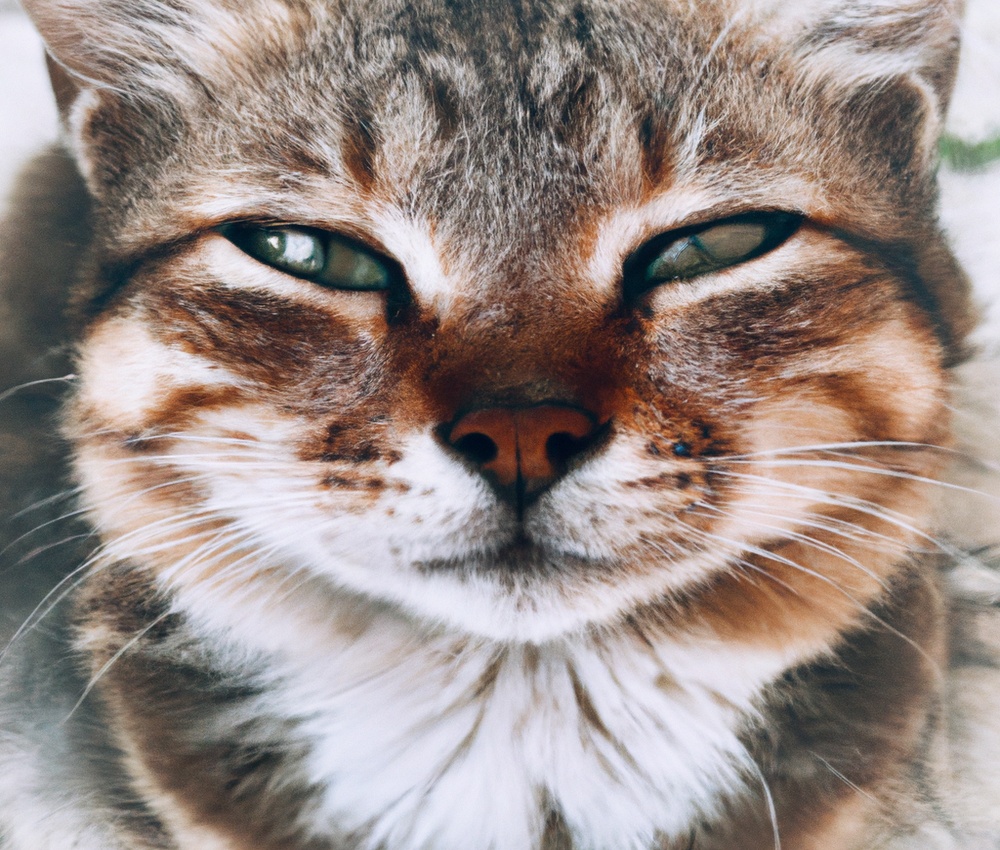
The Bonding Process with a Black Cat
The bonding process with a black cat can be a wonderful experience. To build a strong bond, it’s important to create a calm and comfortable environment for your black cat.
Spend quality time together by playing, petting, and grooming them.
Consistency and patience are key. Trust will be established through regular feeding routines and gentle handling.
Treat your black cat with kindness and respect, and you’ll form a loving and loyal bond.
Factors that Influence a Cat’s Affection
Several factors, including genetics, personality, and environment, can influence a cat’s level of affection.
Genetics and Breed Characteristics
Genetics and breed characteristics play a significant role in a cat’s behavior and temperament. Different breeds have different traits that can impact their level of affection.
For example, some breeds, like the Siamese or Ragdoll, are known for being very affectionate and enjoy being around humans.
On the other hand, certain breeds may be more independent and less inclined to seek out affection. It’s important to understand the breed of your cat and their specific genetic makeup when considering their potential for affection.
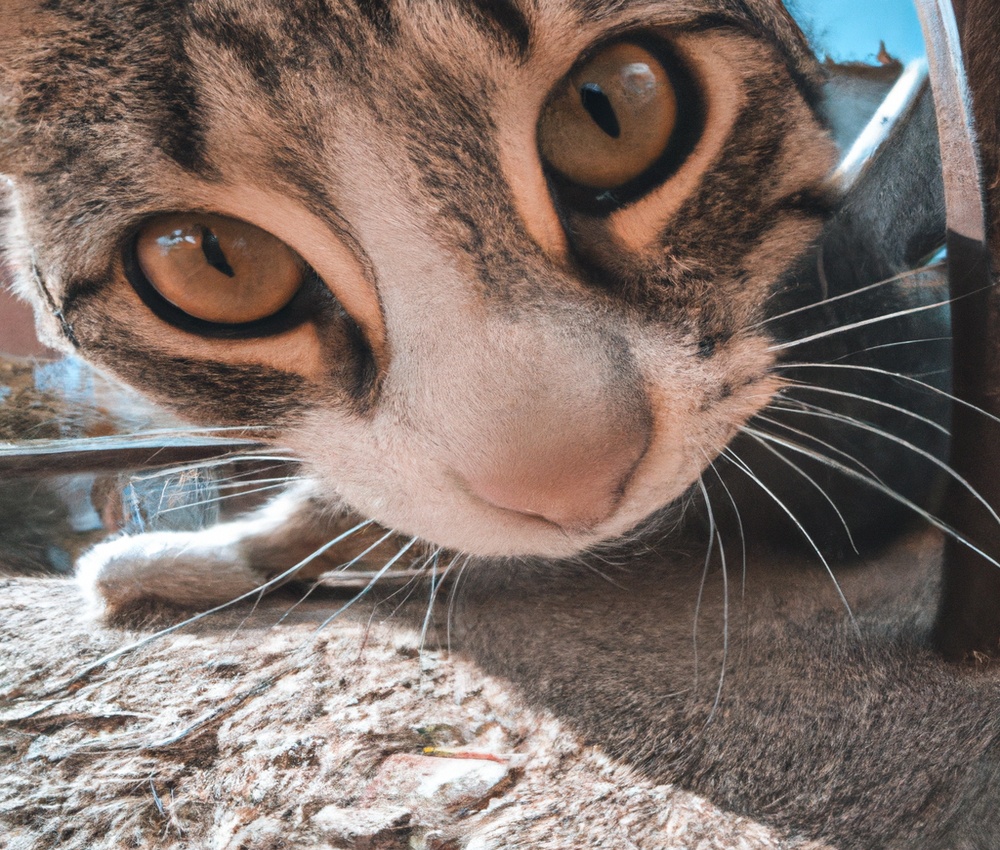
Individual Personality and Temperament
Individual personality and temperament play a significant role in a cat’s affectionate behavior.
Each cat has its own unique personality, just like humans.
Some cats are naturally more affectionate, seeking out cuddles and attention, while others may be more independent and prefer their own space.
Factors such as breed, upbringing, and past experiences can also influence a cat’s temperament.
It’s important to understand and respect your cat’s individuality to foster a strong bond based on their preferred level of affection and interaction.
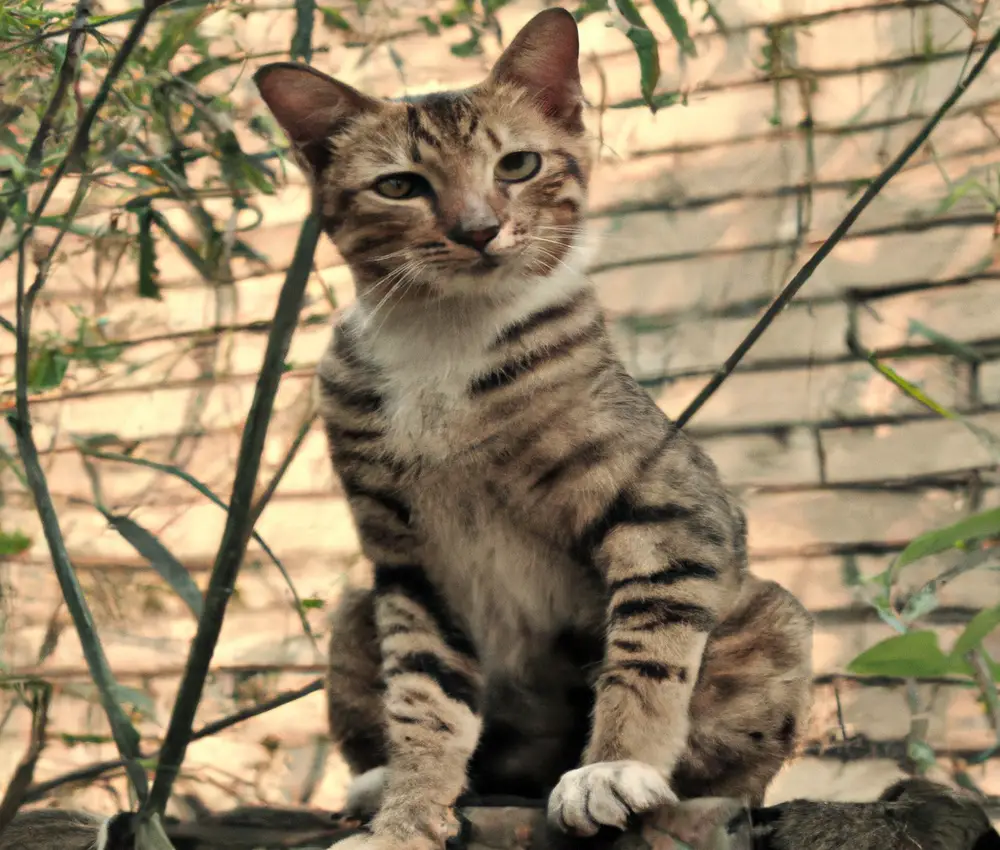
Environmental Factors and Upbringing
Environmental factors and upbringing play a significant role in shaping a cat’s affectionate behavior. These factors include:
- Stable and loving home environment
- Daily socialization and interaction with humans and other animals
- Positive experiences and exposure to various stimuli
- Consistent and nurturing care from a young age
- A calm and stress-free living space
- Sufficient mental and physical stimulation, such as playtime and toys.
These factors contribute to a cat’s overall well-being and can help foster a loving and affectionate nature.
Tips to Foster Affection with a Black Cat
Want to foster affection with your black cat?
Here are some tips to help you build a strong bond.
Establishing Trust and Building Rapport
Establishing trust and building rapport with your black cat requires patience and consistency. Start by creating a calm and safe environment, providing them with plenty of hiding spots and a routine they can rely on.
Use positive reinforcement techniques like treats and toys to reward their good behavior.
Spend quality time with your cat, engaging in gentle play and offering soothing strokes. Allow them to approach you on their terms and respect their boundaries.
Over time, your efforts will help strengthen your bond and enhance their affection towards you.
Providing Mental Stimulation and Playtime
Providing mental stimulation and playtime is essential for a black cat’s well-being.
Engage them with interactive toys, such as puzzle feeders or treat-dispensing toys.
Set aside dedicated playtime each day, using toys that encourage them to chase and pounce.
Incorporate different types of play, like hiding treats around the house or using feather wands for exercise.
This will keep your black cat entertained, mentally stimulated, and foster a strong bond between you.
How to Show Affection to a Black Cat
To show affection to a black cat, focus on understanding their love language and offering physical and emotional support.
Understanding a Cat’s Love Language
Understanding a cat’s love language is essential for building a strong bond.
Cats communicate their affection differently from humans, so it’s crucial to pay attention to their subtle cues.
Here are some key ways to understand your cat’s love language:
- Body Language: Observe your cat’s tail, ears, and overall posture. A relaxed and upright tail, relaxed ears, and slow blinks usually indicate contentment and trust.
- Purring: Cats often purr when they’re happy and relaxed. It’s a way to show affection, so if your cat is purring while sitting close to you, it’s a sign they’re expressing their love.
- Grooming: Cats groom themselves and each other to show affection. If your cat licks you gently or allows you to groom them, it’s a sign of trust and affection.
- Playfulness: Cats show their love through play. Engage in interactive playtime with toys and enjoy active moments together. It strengthens your bond and shows them that you enjoy their company.
- Respect Boundaries: Understanding a cat’s love language also means respecting their personal space. Some cats prefer physical affection, while others may simply enjoy being near you. Pay attention to their cues and give them space when needed.
Remember, every cat is unique, so it’s important to observe and understand your individual cat’s specific love language.
By doing so, you can nurture a deep and meaningful connection with your feline friend.
Offering Physical Affection and Touch
Offering physical affection and touch to a black cat can strengthen your bond with them. Here’s how you can show them love:
- Petting: Gentle strokes along their back and behind the ears can help them relax and enjoy your touch.
- Chin Rubs: Cats often like having their chins gently rubbed as it feels soothing to them.
- Under the Chin Scratches: Many cats enjoy scratches under the chin, which can make them purr and show affection.
- Belly Rubs (If They Allow: Not all cats like belly rubs, but if yours does, it can be a special way to show them love.
- Head Bumps: Mimic your cat’s behavior by gently bumping your head against theirs. This is a sign of affection and can be reassuring to them.
- Slow Blinking: When your cat looks at you and slowly blinks, try blinking back at them. This is a cat gesture of trust and can build a deeper connection.
Remember, each cat is unique, and their preferences for physical affection may vary. Pay attention to their body language and responses to ensure you’re providing them with the affection they enjoy.
Providing Emotional Support and Attention
Providing emotional support and attention to your black cat is essential for building a strong bond. Here are a few tips:
- Spend quality time together: Set aside dedicated time each day for playtime, cuddling, or grooming.
- Create a safe and comfortable environment: Provide a cozy bed, climbing trees, and hiding spots to help your cat feel secure.
- Use positive reinforcement: Reward good behavior with treats, toys, or affection to reinforce a loving connection.
- Pay attention to body language: Learn to interpret your cat’s cues to understand when they want attention or need space.
- Respect their boundaries: Some cats prefer solitude or limited physical contact, so it’s crucial to respect their personal preferences.
Stay observant, be patient, and adapt your approach to meet your black cat’s individual needs for emotional support and attention. (Note: Total words = 95)
Frequently Asked Questions about Affectionate Black Cats
Are all black cats affectionate?
Are all black cats affectionate?
While it is a common belief that black cats are more affectionate, it is not necessarily true for all black cats.
Just like with any other cat, their personalities can vary.
Some black cats may be extremely affectionate, while others may be more independent or reserved.
The level of affection a cat shows is influenced by a combination of factors such as their individual temperament, upbringing, and past experiences.
It is important to remember that each cat is unique and may have its own preferences when it comes to showing and receiving affection.
Can black cats be aloof or distant?
Can black cats be aloof or distant? Yes, they can.
While affectionate black cats do exist, it’s important to remember that each cat, regardless of color, has its own unique personality.
Some black cats may be more distant or aloof compared to others. Factors such as their upbringing, socialization, and individual temperament can all contribute to their level of affection.
It’s essential to understand and respect a black cat’s boundaries, allowing them to approach you for affection on their terms.
With patience and understanding, you can foster a loving bond with any black cat, whether they are naturally aloof or not.
Do black cats have unique behavior traits?
Black cats, like any other cat breed, have their own unique behavior traits.
Here are a few characteristics commonly associated with black cats:
- Superstitions: Throughout history, black cats have been associated with superstitions, both positive and negative. Many believe black cats bring good luck, while others consider them a bad omen.
- Mystery and Elegance: Black cats are often regarded as mysterious and elegant creatures. Their sleek, shiny coats and piercing eyes contribute to their alluring demeanor.
- Playfulness and Energy: Just like any other cat, black cats can be quite playful and energetic. They enjoy interactive toys, chasing after objects, and engaging in playful activities.
- Affectionate Nature: Contrary to popular belief, black cats can be incredibly affectionate. They often enjoy cuddling, being petted, and showing their loyalty to their human companions.
- Independent streak: While black cats can be affectionate, they also value their independence. They may have moments where they prefer solitude or explore their surroundings on their own terms.
Remember, individual cat personalities can vary, so not all black cats will exhibit the same behavior traits.
It’s essential to spend time getting to know your black cat as an individual and provide them with the care and attention they need.
How can I help a shy black cat become more affectionate?
If you have a shy black cat that you’d like to help become more affectionate, here are a few tips:
- Provide a safe space: Make sure your cat has a quiet, secure area where they can retreat to when they feel overwhelmed or scared. This can be a designated room or even just a cozy corner with their bed and toys.
- Patience and gentle approach: Take it slow and let your cat set the pace. Avoid making sudden movements or loud noises that might startle them. Instead, approach them calmly and speak in a soft, soothing voice.
- Positive reinforcement: Reward your cat with treats, praise, and gentle petting when they display even small signs of affection or social interaction. This will help build positive associations with you and encourage further bonding.
- Playtime and interactive toys: Engage in interactive play sessions with your cat using toys like feather wands or laser pointers. This can help build trust and confidence as well as provide mental stimulation.
- Slow introduction to new experiences: Gradually introduce your cat to new people, places, and experiences. Start with short and positive interactions, allowing them to become accustomed at their own pace.
Remember, every cat is unique, so it’s important to tailor your approach to your cat’s individual needs and personality. With time, patience, and love, your shy black cat can become more affectionate and trusting.
Final Verdict
Black cats are not inherently more or less affectionate than cats of other colors. The notion that black cats are unlucky or have a certain personality is purely myth and stereotype.
The level of affection a cat displays is influenced by various factors including genetics, individual personality, and environmental upbringing.
To foster affection with a black cat, creating a safe and comfortable home environment, establishing trust, and providing mental stimulation are key. Ultimately, building a strong bond with a black cat requires understanding their love language, offering physical affection, and providing emotional support.
Remember, each cat is unique and may require different approaches to nurture their affection.
So go ahead, embrace the love and companionship of a black cat without any hesitation.

